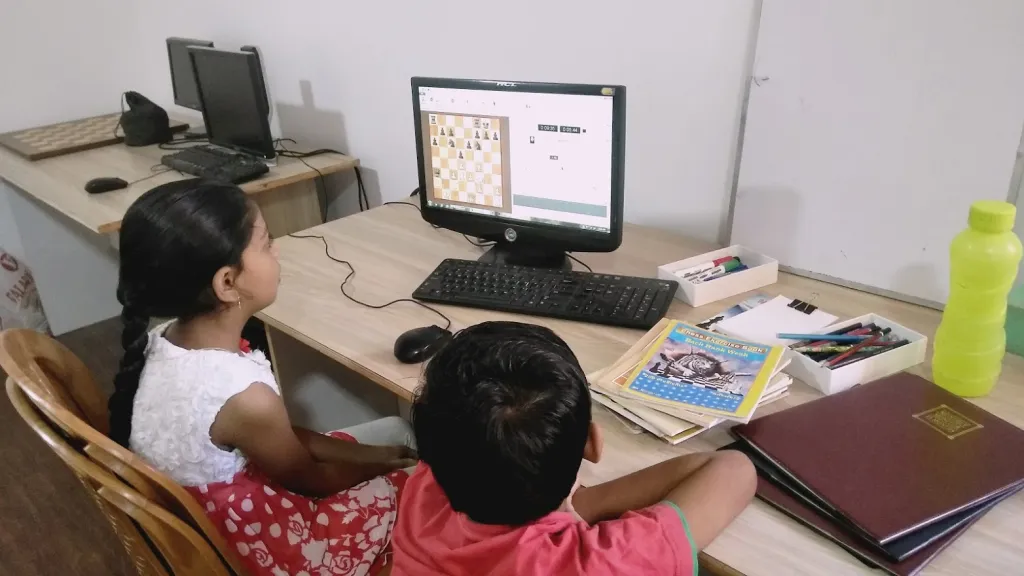
chessbrainz
Feb 20,2026
 0
0
 64
64
The Women’s Candidates Tournament is the ultimate proving ground in elite women’s chess. It is not simply about rating strength or recent performance....

chessbrainz
Feb 16,2026
 0
0
 123
123
Candidates Tournament 2026 The Candidates Tournament is not just another elite event. It is the ultimate psychological and strategic test in modern chess....

chessbrainz
Feb 12,2026
 0
0
 46
46
1. The Difference Between Learning Moves and Learning to Think Most players try to improve by collecting information....